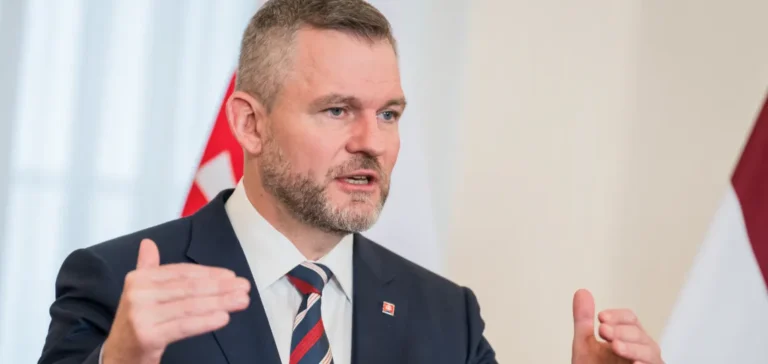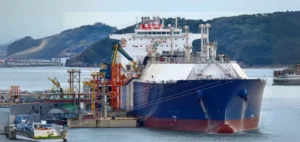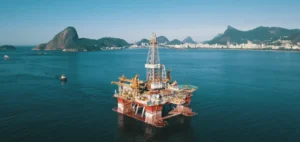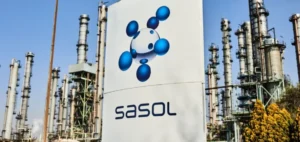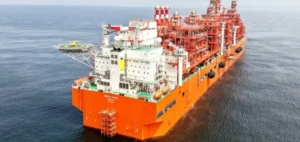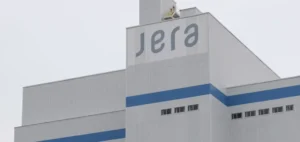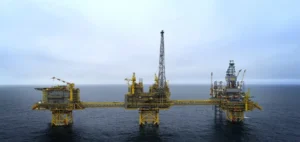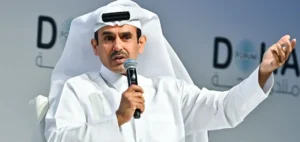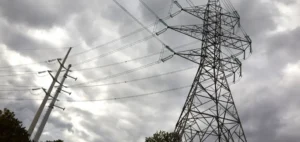Slovak Minister of Economy Denisa Sakova has urged the European Commission to implement regulated gas transit pricing in the context of the EU’s plan to phase out Russian energy imports by 2027. The request followed meetings with European officials in Luxembourg, as Bratislava seeks to shield its interests from rising transportation charges.
A structural dependence on Russian gas
Slovakia remains heavily reliant on Russian natural gas, historically supplied at low cost via Ukraine. Since transit through Ukraine was halted on January 1, the country has primarily received gas through the Turkstream pipeline, but it now also relies on alternative routes with higher transport fees to meet demand. “We also called on the European Commission to consider regulating transit charges and the legal defensibility of its proposals in light of possible international arbitration,” Sakova stated on her official page.
Sakova’s comments followed a meeting with Ditte Juul Jørgensen, Director-General of the Commission’s Directorate-General for Energy. She was accompanied by executives from Slovenský plynárenský priemysel (SPP), Slovakia’s state-owned gas importer and distributor.
Contractual obligations at stake
A central concern for Slovakia is its long-term take-or-pay contract with Gazprom Export, which binds the country until 2034. A unilateral termination of this agreement could expose Bratislava to contractual penalties or arbitration disputes. So far, the Slovak government has received few technical responses from Brussels regarding the capacity of alternative gas transit infrastructure across Europe.
Disagreements ahead of ministerial meeting
EU energy ministers are scheduled to discuss the Commission’s roadmap, published on May 6, at a meeting on June 16. The document also outlines plans to end imports of oil and nuclear fuel from Russia. Legislative proposals are expected to follow later in June.
Slovak Prime Minister Robert Fico said on May 28 that his government would oppose the gas ban. However, he indicated that concessions might be possible, stating at a press conference, “As a result of the pressure exerted by Slovakia, we should be able to achieve a certain number of exemptions from the European Commission.”
Solidarity and supply security under debate
Minister Sakova stressed the need to reinforce solidarity among EU member states, both in terms of energy prices and supply security. Her comments come amid growing disagreement within the EU over the terms of energy transition, especially among Central European countries with historical energy ties to Russia.


